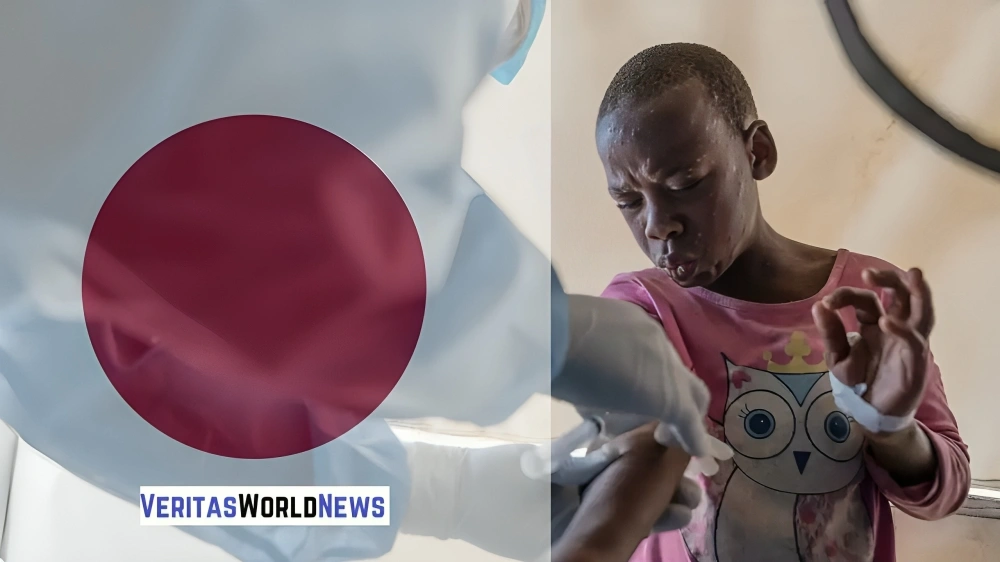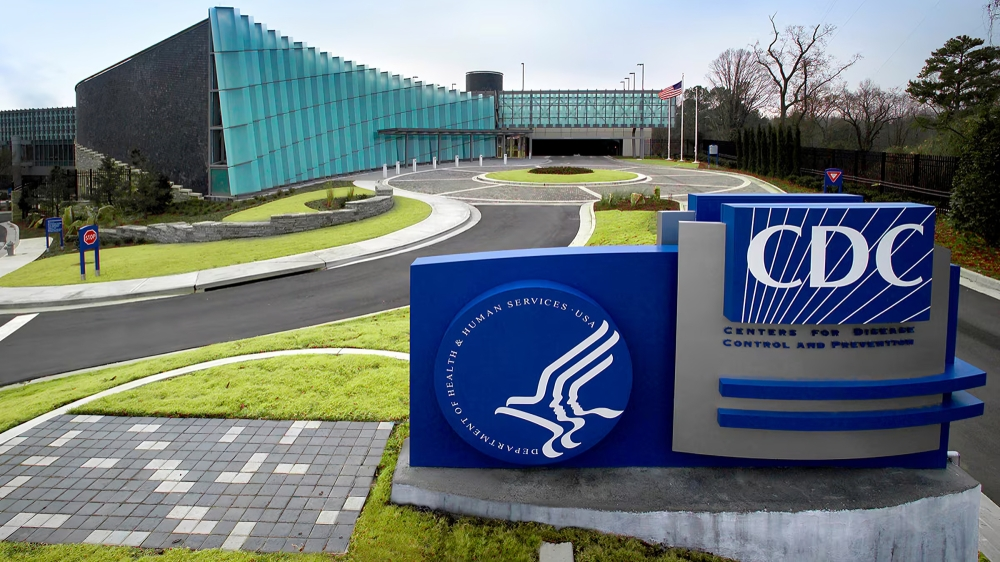
Kinshasa, DRC— In a significant humanitarian gesture, Japan has announced the donation of three million doses of its mpox vaccine to the Democratic Republic of Congo (DRC). This initiative aims to address a critical health crisis and protect children from the potentially deadly infection.
The donation, coordinated through the African Centers for Disease Control and Prevention (Africa CDC), marks a crucial step in combating mpox outbreaks in a region that has faced repeated epidemics of the disease.
The Health Crisis in the DRC
1. The Impact of Mpox
Mpox, also known as monkeypox, is a viral zoonotic disease with symptoms similar to smallpox. It has a fatality rate of up to 10% in severe cases, particularly among unvaccinated children and those with weakened immune systems.
- Recent Outbreaks: The DRC has reported over 6,000 confirmed cases of mpox in 2024, with children accounting for a significant portion of fatalities.
- Healthcare Challenges: Limited access to vaccines, healthcare infrastructure, and public awareness campaigns has exacerbated the impact of mpox in the region.
2. Vulnerable Populations
Children in rural and conflict-affected areas are among the most vulnerable, with limited access to preventative care or timely medical intervention.
Details of Japan’s Donation
1. Vaccine Specifics
- Quantity: Three million doses of Japan’s mpox vaccine.
- Target Group: Children under 18, prioritized in high-risk and underserved communities.
- Storage and Distribution: The vaccines are designed for easy storage and transport, addressing logistical challenges in remote areas.
2. Partnership with Africa CDC

The African Centers for Disease Control and Prevention will oversee the distribution and administration of the vaccines to ensure equitable access.
- Quote from Africa CDC: “This donation is a lifeline for children in the DRC, offering protection against a deadly disease that has disproportionately affected our communities.”
Reactions to the Donation
Supporters
- Health Officials: Praised Japan for its commitment to global health equity and its targeted approach to addressing mpox outbreaks in Africa.
- DRC Health Minister Jean-Jacques Mbungani: “This donation represents hope for thousands of families struggling to protect their children.”
- Global Health Advocates: Welcomed the move as an example of international solidarity in combating neglected diseases.
Critics
- Logistical Concerns: Some have raised questions about the DRC’s capacity to distribute vaccines effectively in conflict zones and remote areas.
- Independent Health Analyst Dr. Rachel Tumbo: “Ensuring these vaccines reach the children who need them most will require unprecedented coordination.”
- Broader Needs: Critics argue that while vaccines are crucial, addressing the root causes of mpox outbreaks, such as poverty and inadequate healthcare, must remain a priority.
Public Opinion: What’s True and Untrue?
- True:
- Japan’s donation of three million doses is among the largest contributions targeting mpox in Africa.
- The vaccines are specifically aimed at children, addressing a critical gap in protection for vulnerable populations.
- Untrue:
- Claims that the donation will immediately end the mpox crisis overlook the broader challenges of vaccine distribution and public health education.
- Assertions that the DRC alone can resolve the crisis ignore the need for sustained international support and funding.
Implications for Global Health
1. Strengthened Partnerships
Japan’s donation underscores the importance of global cooperation in addressing health crises and could pave the way for future collaborations between developed nations and African health systems.
2. Raising Awareness
The high-profile donation brings attention to mpox as a global health concern, encouraging further investment in research and prevention.
3. Lessons for Other Nations
The initiative could serve as a model for other countries to support vulnerable populations through targeted aid and strategic partnerships.
Conclusion: A Lifeline for Vulnerable Children
Japan’s donation of mpox vaccines to the DRC represents a critical step in addressing a long-standing public health challenge. While the vaccines offer immediate protection for millions of children, the fight against mpox will require continued international support, investment in healthcare infrastructure, and a commitment to long-term solutions.
As Veritas World News observes, “This donation is not just a response to a crisis but a reminder of the global responsibility to protect the most vulnerable.”
#MpoxVaccine #DRCHealth #JapanAid #GlobalHealth #VeritasWorldNews
